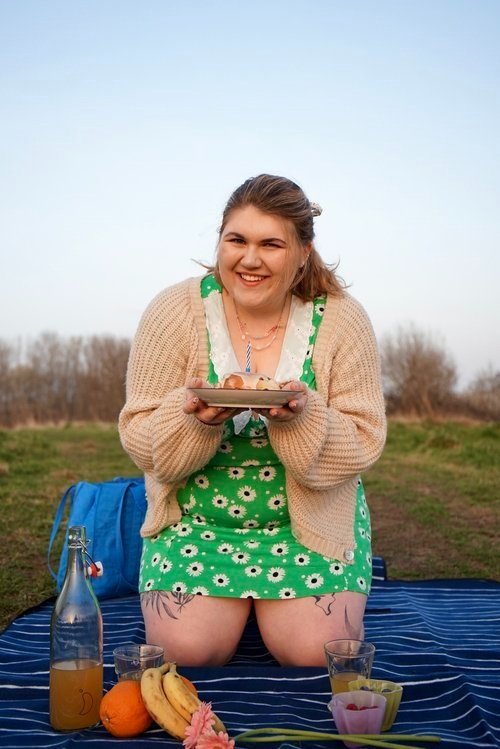How Modern Dating is Impacting Our Mental Health
Abby Davidson
Ghosting, situationships, rosters, lovebombing – modern dating can be a complicated and confusing world to navigate.
As the numbers of people choosing to turn to online dating have risen, particularly for those under the age of 30, the way that dating has impacted mental health has changed too.
The Scoop put some questions to young people about their experiences of dating and mental health. Eighty per cent of participants said they had used or are using online dating apps like Tinder, Bumble or Hinge. Of the 80 per cent, 59 per cent said that they found using dating apps to be bad for their mental health.
One of the most common issues experienced in modern dating is ghosting, a phenomenon where a person suddenly ends all communication with another person with no apparent warning or reason. Seventy-one per cent of our participants said they had been ghosted at least once in the past and some of them shared how their experience of being ghosted had affected them.
Many said it left them feeling “irritated”, “frustrated” and “confused”. Others were more affected and left feeling “lonely and unloved”, “angry and worthless”, “devastated” and left to “wonder if I did something wrong”. What did seem to be agreed across the board was that people wanted more honesty and communication.
So why is this something that seems to be so hard to do in dating?
Our participants cited a number of reasons, including fear of rejection or lack of respect, but by far the most common reason given was technology and social media. One comment said “I think it’s all the faceless texting”, while another said;
“social media makes it easier to give breadcrumbs, making directness too uncomfortable or ‘effort’”
Part of this whole issue is something that has been dubbed the ‘paradox of choice’. This is the idea that too much choice causes less happiness, less satisfaction and leads people to always be looking for ‘something better’. Online dating apps allow people to see dozens of options a day and talk to as many people as they like, creating an overwhelming number of options, as one participant put it, “too many options = too easy to choose something easier instead of try hard”.
Connected to this is the rise of the situationship - an undefined romantic or sexual relationship that exists somewhere in between a casual hookup and a committed relationship. Situationships are often defined by the lack of communication between the two participants when it comes to defining their relationship.
Although some may find that situationships work for them, many don’t and 91 per cent of our participants felt situationships made dating less healthy and harder to do.
With all of these factors to contend with, it is no surprise that so many people have found their mental health to be affected, with only 6 per cent of participants saying that they’ve found modern dating to be a good experience.
Having said all this, most still have hope that they will find success in their dating lives, with 61 per cent saying that their experiences aren’t going to stop them dating. However, they are also more likely to turn away from dating apps in future and give in-person meetings a chance.
Abby Davidson is Deputy Head at The Scoop and a Liberal Arts graduate of Queen’s University Belfast

